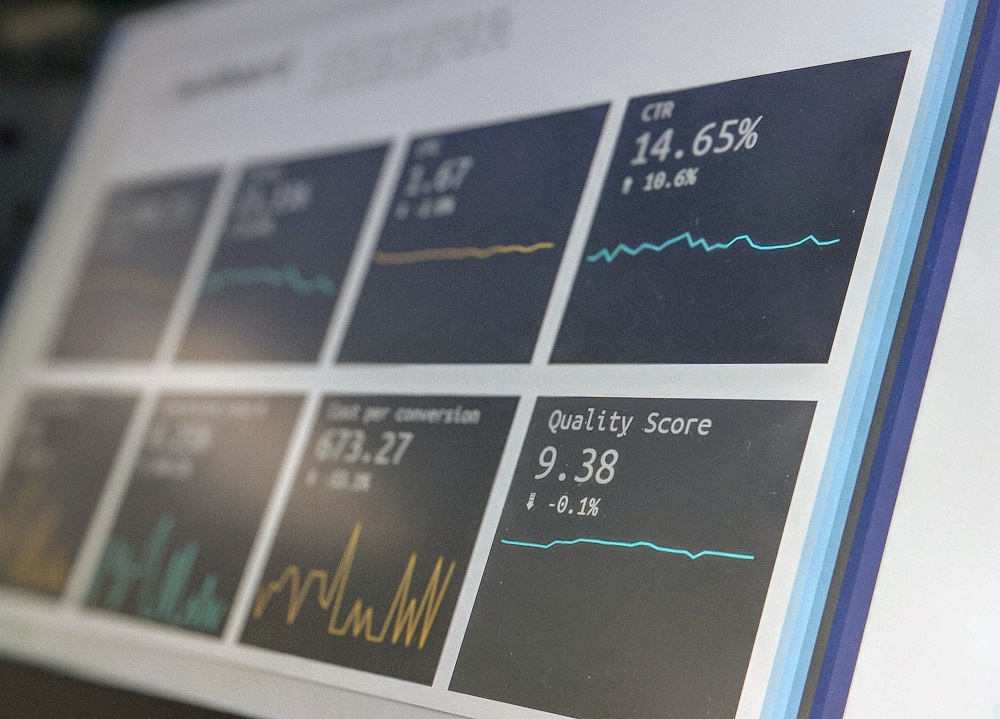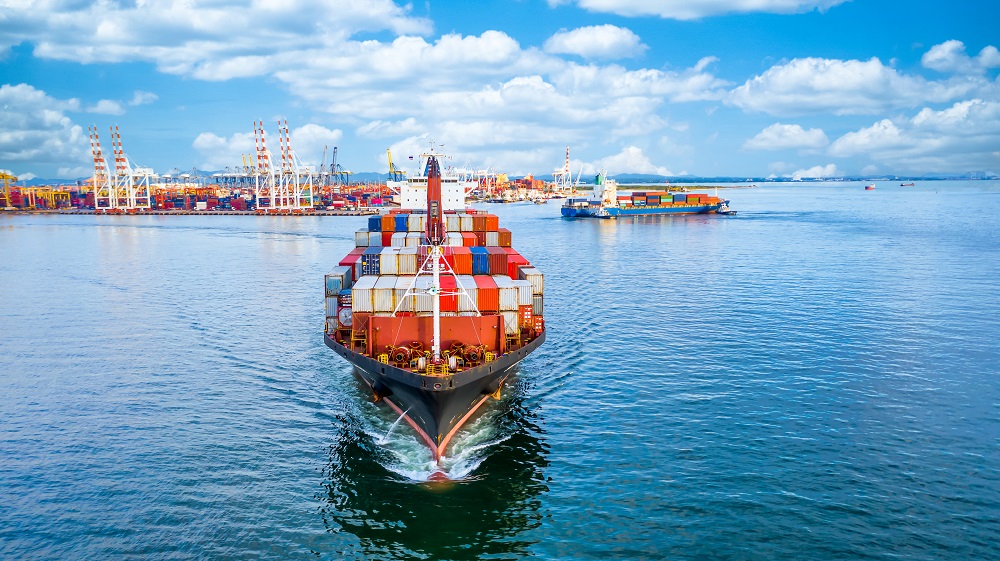Measure 1 :
Address supply chain vulnerability
Address supply chain vulnerability
Over the past decades, supply chains have been made as efficient and lean as possible. Companies use suppliers and production locations spread across all continents. 'Just in time' logistics made it possible to maintain minimal stocks. Due to lockdowns and other supply disruptions (shortage of containers, for example), this just-in-time approach has proved extremely vulnerable. As a result, complete car production lines came to a standstill, and there is a shortage of semiconductors everywhere in the world. And brewers ran out of bottles to get their product into stores. Just to name a few examples. The impact of the ongoing disruption of supply chains has proved enormous.
Our own survey of more than 1,000 entrepreneurs and managers shows that more than half (+52%) of the companies are taking action to limit the risks of disrupted supply by shortening chains, stockpiling and using credit insurance.
Measure 2 :
Invest in up-to-date infrastructure
Invest in up-to-date infrastructure
Entrepreneurs are not eager to invest in new hardware and software, systems and processes in a highly fluctuating trading climate. Yet, in many ways, it is a great way to manage economic and political risks.
This is especially true for digital transformation projects. For example, by digitising the entire supply chain, you gain end-to-end insight, and your company can respond to shocks faster and more effectively. It can also give you extra benefits for deals you close.
The same applies to the digitisation of your production process. By investing in Internet of Things (IoT) sensors and connectivity, you will be able to closely monitor processes, identify inefficiencies, realise savings and create superior quality products.
Measure 3 :
Collect information about your trading partners
Collect information about your trading partners
How reliable are your trading partners? Are they financially healthy and able to fulfil the agreements made? If you can answer these kinds of critical questions and analyse the right financial KPIs (Key Performance Indicators) , you can trade with confidence. You cannot eliminate economic risk factors, but by dealing with them as well as possible, you can work on the further expansion of your business in a responsible way.
Monitoring your customers and suppliers, who are spread across many different countries, on your own is not an easy task for an entrepreneur. A credit insurer can help you with this. Our job is to continuously monitor the risk levels of countries, sectors and companies. We map the business environment worldwide. That is our core business as a risk specialist. We also assess individual companies. We share that knowledge with our customers. Based on this, we advise entrepreneurs on the safest way to do business.
As a credit insurer, we also protect you against default and bankruptcies. No matter how strong a customer is, fluctuating economic conditions can also get them into trouble. With trade credit insurance, you buy 'payment security'. That's a good thing to do.
Would you like to know more about trade credit insurance?
Measure 4 :
Optimise cash flow forecasting and accounts receivable management
Optimise cash flow forecasting and accounts receivable management
Financial understanding is a key factor for business success. This involves careful monitoring of company finances. An essential element of this is continuously assessing and adjusting your cash flow forecasts. It shows whether your company has the financial scope it needs (now, but also in the near future) to achieve your business goals.
What you do not want is for your finances to be squeezed because customers unexpectedly fail to pay or pay late. With sufficient cash buffer, default risks can be absorbed. It's more effective to discuss the risks with your credit insurer. We make sure that your credit limits are set at exactly the right level. This increases your competitiveness while minimising your exposure to default and bankruptcy.










